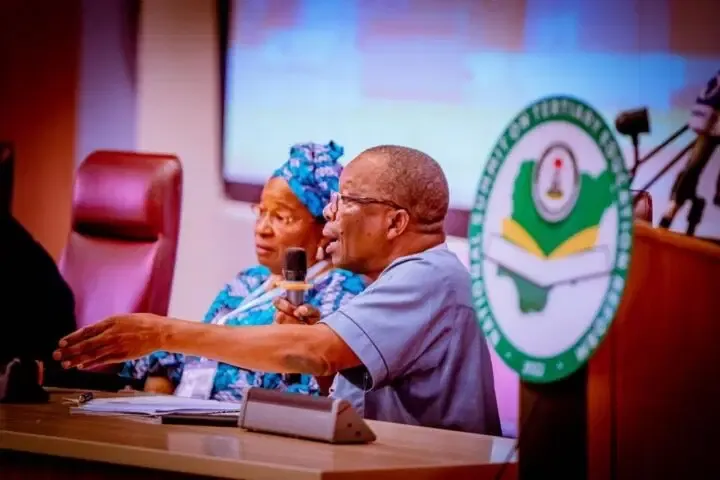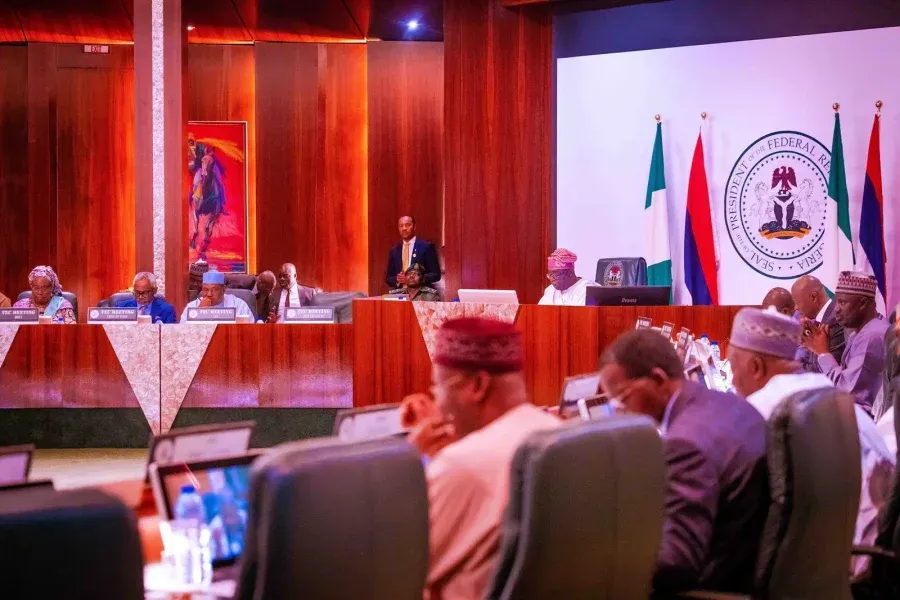The Academic Staff Union of Universities (ASUU) has issued a stark warning to Nigerians, stating that if its members decide to strike and shut down public universities, the blame rests squarely on the Federal Government. The union insists that it has made every effort to prevent a strike, but claims the government has shown a lack of sincerity in addressing the issues raised by the union.
In a statement released on Wednesday in Makurdi by its Zonal Coordinator, Raphael Amokaha, the ASUU-Nsukka Zone recalled the protracted strike that began in 2022, cautioning that a similar situation is developing again. Amokaha highlighted ongoing grievances related to the renegotiation of the 2009 ASUU/Federal Government Agreement, inadequate funding of universities, and the intrusion of the Integrated Personnel Payment Information System (IPPIS) into university finances, which undermines their autonomy.
“The issues that were in contention at that time were the renegotiation of the 2009 ASUU/FGN Agreement, poor funding of our universities, the forceful usurpation of the duties of university bursary departments… non-payment of Earned Academic Allowances… and non-payment of other emoluments and entitlements,” he stated.
Despite efforts made since the suspension of the last nationwide strike in October 2022 to engage with the government, Amokaha expressed frustration at the lack of responsiveness and commitment from authorities. “This attitude, unfortunate in its nonchalance, may be inspired by a delusional sense of conquest over ASUU,” he remarked, questioning why the government would disregard the appeals of an intellectual body, especially given its recent campaign promises.
Amokaha emphasized the union’s commitment to resolving the issued form peacefully, stating, “ASUU in its characteristic patriotism and selflessness has been on the same issues for the last seven years.” He acknowledged the union’s attempts to engage the government through press conferences, protests, and town hall meetings, all of which he claimed have yielded no results.
He further criticized the government for its lackadaisical approach, saying, “Government agents have been non-committal in their utterances and evasive in meetings.” He highlighted the contrast between the government’s plans for a month-long youth conference and the need for stable academic schedules in universities, questioning the effectiveness of such initiatives.
“If the government cares about our youth… the first thing to do is to take education seriously,” Amokaha asserted. He warned that the union’s patience is wearing thin, reiterating that should a strike occur, the government would bear full responsibility for the consequences. “All appeals for an amicable resolution at that time should be directed at government and not our union,” he concluded.





